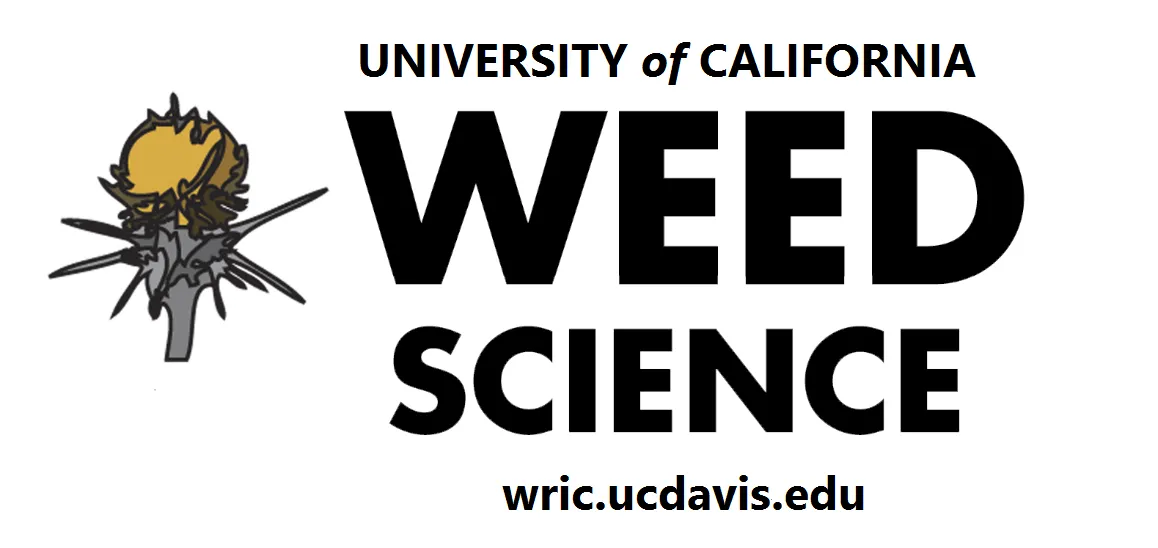By Whitney B Brim-Deforest
Thursday, August 1, 2019 10:00 AM- 12:00 noon (followed by lunch) Colusa Casino Chairman's Room This event is FREE, but you must register. Click HERE to register. Limited to 50 participants, so please enroll early. Seats will be filled on a first-come basis.
